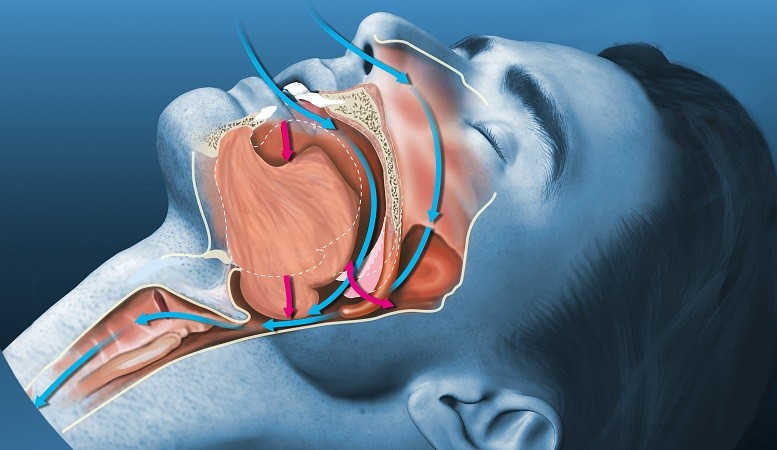
Sleep is essential for our overall well-being, but for many, it can be disrupted by the disruptive sound of snoring. Snoring not only affects the quality of sleep of the person who snores but also disturbs the sleep of their bed partner. However, the good news is that snoring can often be controlled and even eliminated with the right strategies and lifestyle changes. In this comprehensive guide, we will explore the causes of snoring and provide practical tips to help you or your loved ones achieve a peaceful, snore-free night's sleep.
Understanding Snoring
Snoring is the result of turbulent airflow through the relaxed tissues in the throat and mouth during sleep. This turbulence causes the tissues to vibrate, producing the characteristic sound of snoring. Snoring can vary in intensity, from soft and occasional to loud and frequent.
Common Causes of Snoring
Sleep Position: Sleeping on your back can increase the likelihood of snoring, as it allows your tongue and soft palate to collapse to the back of your throat, narrowing the airway.
Excess Weight: Being overweight or obese can lead to the accumulation of fatty tissue in the neck area, which can constrict the airway and lead to snoring.
Alcohol and Sedatives: Consuming alcohol or sedatives before bedtime relaxes the muscles in the throat, increasing the likelihood of snoring.
Nasal Congestion: Allergies, colds, or sinus infections can cause nasal congestion, forcing you to breathe through your mouth, which can lead to snoring.
Sleep Apnea: This serious sleep disorder involves periodic interruptions in breathing during sleep, often accompanied by loud snoring. It requires medical attention.
Controlling Snoring
Lifestyle Changes:
Weight Management: If you're overweight, losing excess pounds can reduce the fatty tissue in the throat and lessen snoring.
Sleep Position: Try sleeping on your side instead of your back. Special pillows or positional aids can help you maintain this position throughout the night.
Avoid Alcohol and Sedatives: Limit alcohol and sedative intake, especially before bedtime.
Nasal Decongestion:
Use saline nasal sprays or a humidifier to keep your nasal passages moist.
Over-the-counter nasal strips or nasal dilators can help improve airflow.
Anti-Snoring Devices:
Mandibular Advancement Devices (MADs) and tongue stabilizing devices can help keep your airway open.
Continuous Positive Airway Pressure (CPAP) machines are recommended for those with sleep apnea.
Throat Exercises:
Strengthening throat muscles through exercises such as singing or playing wind instruments can reduce snoring.
Dietary Changes:
Avoid heavy meals and dairy products close to bedtime.
Stay hydrated, as dehydration can lead to stickier throat tissues.
Medical Interventions:
Consult a healthcare professional if snoring persists or worsens, as it could indicate an underlying health issue, such as sleep apnea.
Surgical Options:
In severe cases or when other treatments fail, surgical procedures like uvulopalatopharyngoplasty (UPPP) or genioglossus advancement (GA) may be considered.
Snoring can disrupt not only your sleep but also the sleep of those around you. Thankfully, there are numerous strategies and interventions available to control and reduce snoring, allowing for a quieter and more restful night's sleep. Start with lifestyle changes and consult a healthcare professional if snoring persists, as it could be a sign of a more serious sleep disorder that requires specialized treatment. A good night's sleep is crucial for your overall health, and with the right steps, you can achieve the sleep silence you desire.